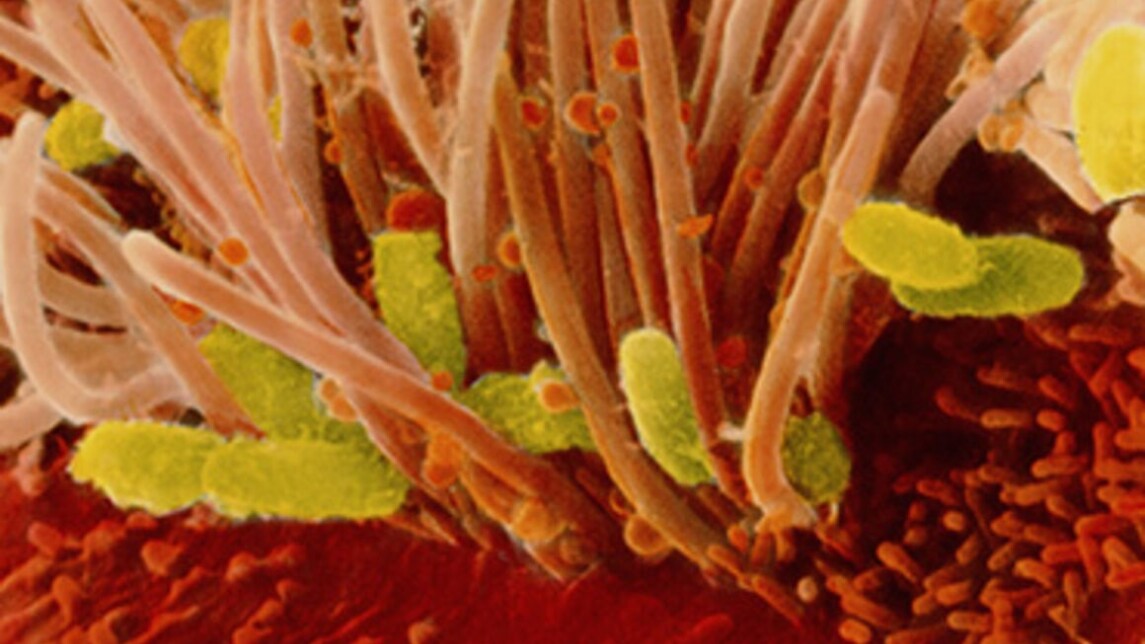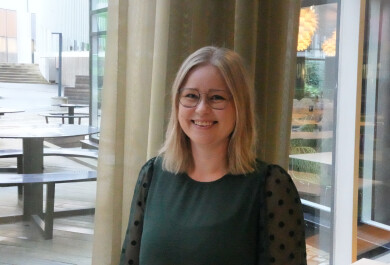A new nasal pertussis vaccine against whooping cough has shown promising results. The vaccine was shown to be safe and to work against whooping cough in a study conducted in healthy adults. Professor Qiushui He and Project Researcher Alex-Mikael Barkoff from the InFLAMES research flagship of the University of Turku participated in the study. The research article was published in the esteemed medical journal Lancet.
The development and patient studies for the new pertussis vaccine were carried out by the American company ILiAD Biotechnologies. The development of the vaccine was based on the BPZE1 strain of B. pertussis developed at the Institut Pasteur de Lille and Inserm by a team of scientists led by Professor Camille Locht. Inserm is the French National Institute of Health and Medical Research.
The nasal pertussis vaccine contains live, attenuated bacteria of Bordetella pertussis. The studies compared the efficacy of the new BPZE1 vaccine with the existing Tetanus-diphtheria-acellular pertussis (Tdap) vaccine.
“In the group that received the new vaccine, a broad specific antibody response was observed in samples collected from the nasal mucosa of the participants. An equal response was not seen in participants who received the Tdap vaccine”, summarises Professor Qiushui He one of the main findings.
According to He, the results of the study support further development of the vaccine as a next-generation vaccine for potential reduction of pertussis infection and transmission.
“This is a very important study, and I am very pleased that we have been able to participate in it", says He.
Highly contagious disease
Whooping cough is caused by the Bordetella pertussis bacterium, which is spread through the mucous membranes of the respiratory tract. Despite widespread vaccinations, the disease is common worldwide.
“Whooping cough is a highly contagious respiratory infection. Although it is often categorised as a childhood disease, adults can also contract it. We know that in Europe the disease is common among middle-aged people", says He.
In pre-vaccination era, whooping cough was one of the most common causes of childhood death. Since vaccinations started in 1950s in many countries, including Finland, infant deaths have decreased significantly. However, the disease has not disappeared. In Finland, 200–500 pertussis cases are reported each year, while globally there were over 150,000 reported cases in 2018. The rise in the number of unvaccinated people and the mutability of the pertussis bacterium have recently led to the resurging of whooping cough in some countries.
World-class whooping cough research in Turku
Whooping cough research has been conducted at the University of Turku since the 1990s. The Turku pertussis research group is based at the Institute of Biomedicine of the University of Turku and is led by Professors He and Jussi Mertsola.
Since 2005, the group has coordinated the European EUpertstrain Network, which studies how changes in circulating Bordetella pertussis bacteria affect the efficacy of vaccines.
The research group in Turku has developed several methods for the determination of pertussis-specific antibodies after pertussis vaccination and infection. The group is currently studying immune responses in children and adults, including how vaccinations during pregnancy affect the development of immunity in new-borns.
InFLAMES Flagship is a joint initiative of University of Turku and Åbo Akademi University, Finland. The goal of the Flagship is to integrate the immunological and immunology-related research activities to develop and exploit new diagnostic and therapeutic tools for personalised medicine. InFLAMES is funded by Academy of Finland.




